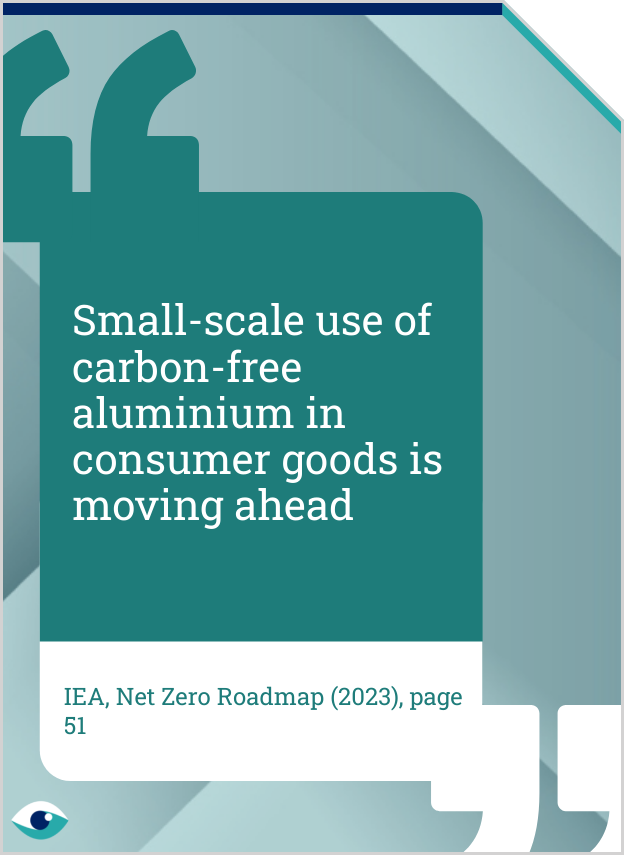Post-consumer recycled plastic has become financially material for consumer durables firms due to its profound environmental impact. In 2024, India unveiled CarbonShunya, a digital platform quantifying consumer transaction carbon footprints, while industry firms have announced ambitious plastic reduction goals. However, manufacturers face uncertainty regarding recycled plastic and emissions reduction, with the plastic industry contributing 1.8bn tonnes of carbon emissions annually. The sector must embrace a multi-faceted approach, including digital solutions, circular economy principles and waste management systems to mitigate impacts throughout lifecycles.

SDG13: Reshaping the consumer durables landscape
Digital innovation and corporate commitments to post consumer waste drive sustainability
UN Sustainable Development Goals
Consumer durables (all industries)
AT A GLANCE
Integrating post-consumer recycled plastic has become financially material for reporting entities in the consumer durables sector.
Digital platforms and ambitious corporate targets for areas such as virgin plastic reduction are driving sustainability in the sector.
Progress under SDG13 will increase focus on product lifecycle management and climate risk disclosures.

Climate action disclosure
Frameworks like the TCFD and the Greenhouse Gas Protocol guide consumer durables companies in enhancing climate risk management, transparency and comprehensive emissions reporting. The TCFD framework helps entities disclose climate-related risks and opportunities, improving their assessment and reporting practices. Science-based targets provide a structured approach for companies to establish emissions reduction goals aligned with the Paris Agreement's 1.5°C warming limit, with many consumer durables firms adopting these targets.
Corporate climate targets
Leading consumer durables manufacturers, including Unilever, Electrolux, Nike and IKEA, have set ambitious climate goals, from virgin plastic reductions to achieving carbon neutrality across their value chains and reaching climate-positive within the next decade. Electrolux aims for climate neutrality throughout its value chain by 2050, focusing on energy efficiency and recycled materials. IKEA targets becoming climate-positive by 2030 through renewable energy, using sustainable materials and promoting circular business models.

Digital consumer solutions
Innovative platforms like CarbonShunya are transforming consumer behaviour by providing real-time insights into the greenhouse gas impact of purchases in the consumer durables sector. CarbonShunya delivers actionable information to consumers at crucial decision-making moments, aiming to change consumption habits. The platform calculates the environmental footprint of consumer spending across the entire value chain in real time, including imported goods.
Efficient product innovation
The consumer durables industry has made significant progress in product innovation and energy efficiency. Modern refrigerators and air conditioners use less than half the electricity of models from two decades ago, with air conditioning units experiencing a 40% efficiency increase. The projected doubling of air conditioner ownership in emerging markets by 2030 presents an opportunity to enhance overall energy efficiency in this category in alignment with SDG13.
FURTHER READING
- Enabling sustainable consumer choices with CarbonShunya (Devender Nahar et al)
- The hidden climate cost: Food loss, waste, and greenhouse gas emissions (Ontario Action Plan)
- Sustainable Supply Chains and Environmental Impacts in Consumer Products (Climate and Energy)
